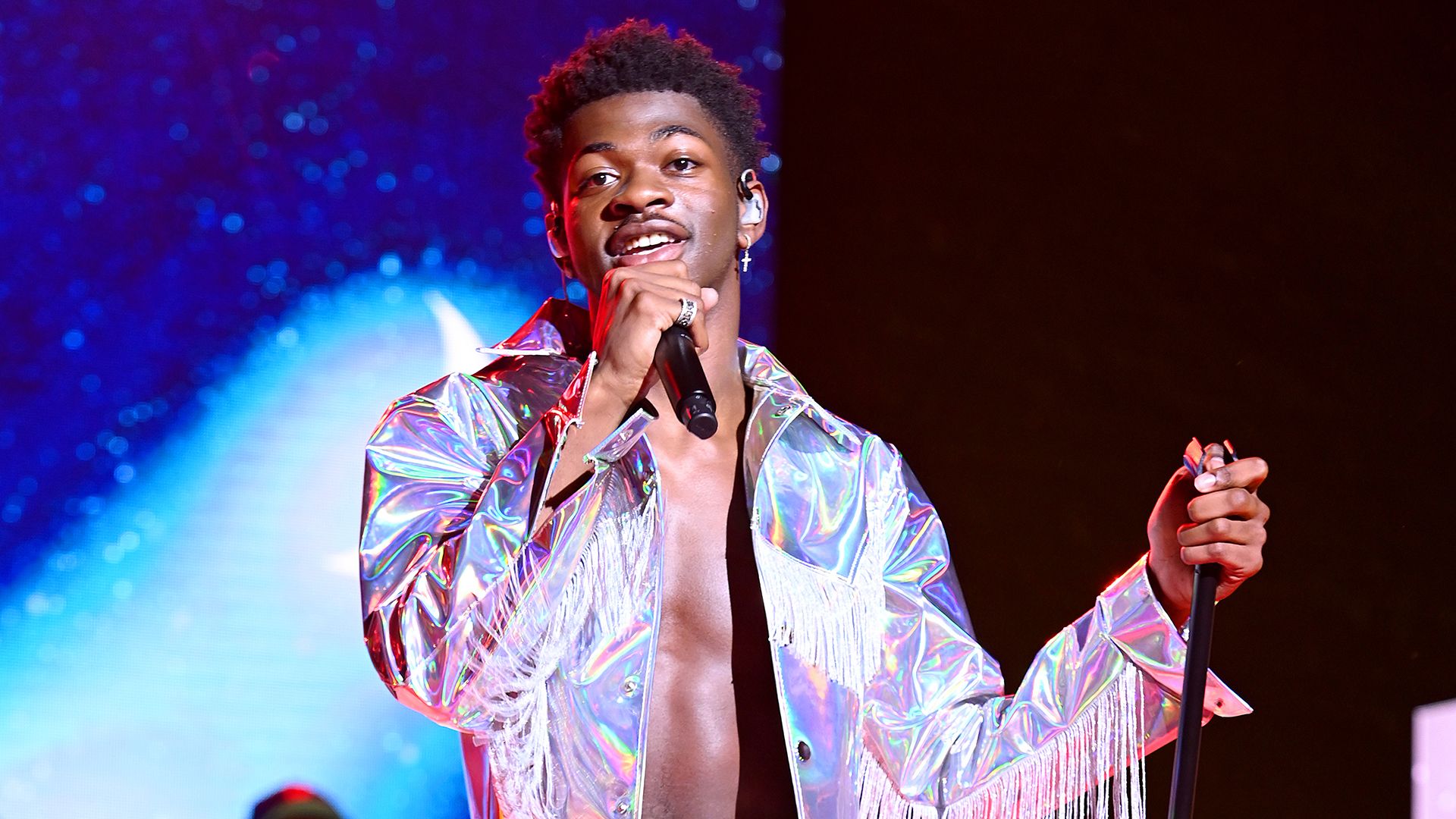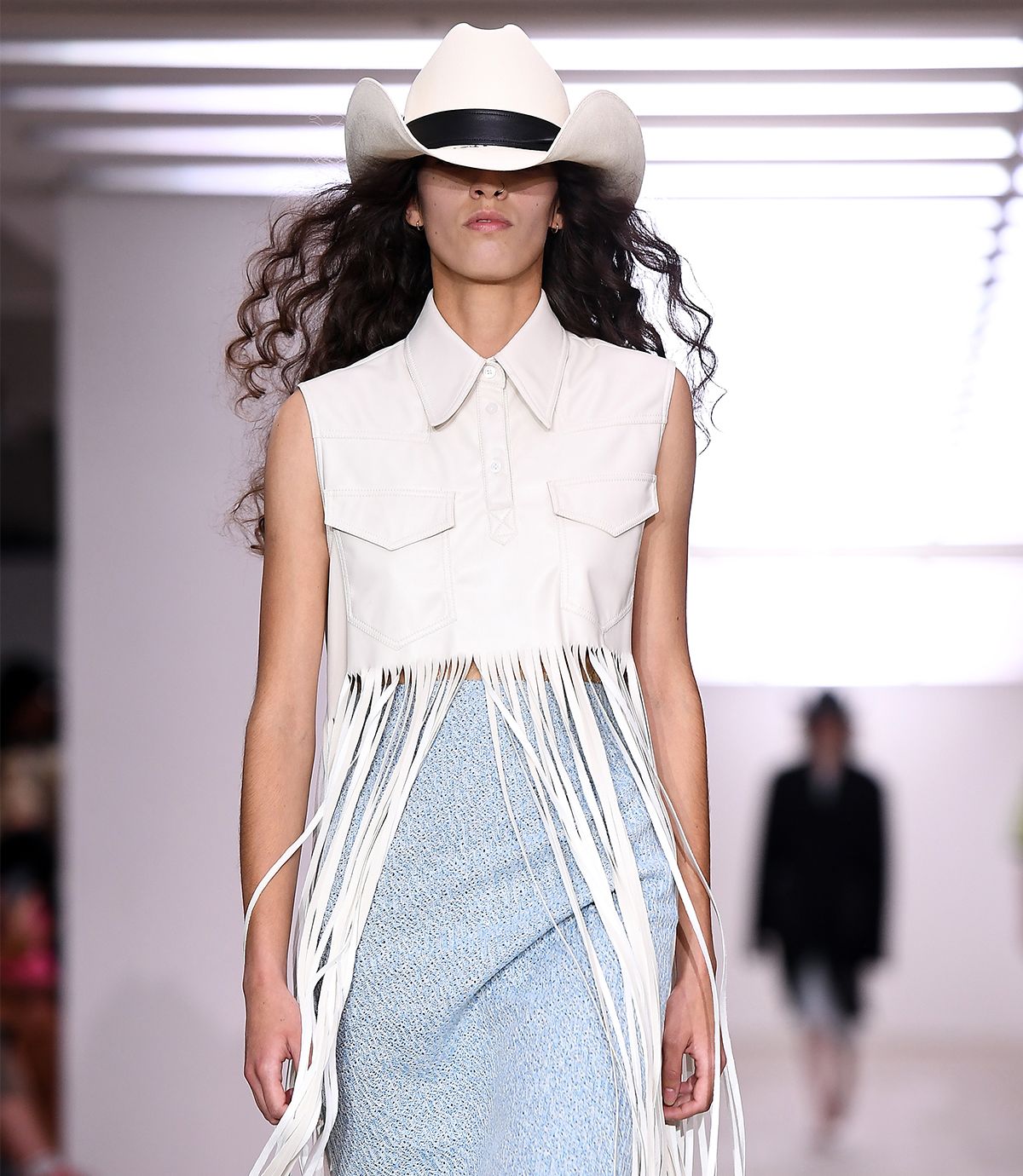-
Country Music, An Increasingly Inclusive Genre

"When you're a country artist, you don't force your politics on people. You let them live their lives." In the documentary Miss Americana, directed by Lana Wilson and released in January 2020, pop star Taylor Swift summed up her intentions, and those of country music more widely, in just a few words. It's a musical genre that's historically been deeply conservative and has never really worked for social change. In 2019, the pop-country songstress nevertheless devoted one of her singles to the LGBTQIA+ community ("You Need To Calm Down,") eventually going so far as to position herself against Trump and his followers in May 2020, via a tweet that was widely praised in the media. At the same time, inspiring new figures have also come into the spotlight — bringing with them their own novel and provocative ideas, flamboyant outfits drawn from the world of rodeo, and commitment to inclusivity.
Standing as testament to this paradigm shift is the success of artists like Lil Nas X and Orville Peck — the former a Black gay man reinventing country through the prism of rap and associating it with the sounds of yesteryear's local heroes like Billy Ray Cyrus. Lil Nas X has become a chart favorite, especially with single "Old Town Road" — a song originally rejected by purists, it's now gone platinum more times than any tune in US history.
On the other hand, we have the mysterious Canadian crooner who hides behind a mask, recounting his romances with other men and taking inspiration from cowboy style in his stage outfits. "What I like about the aesthetic," he says in an interview with Numéro, "is that it draws a parallel between masculine virility and bright pink suits. I always loved that contrast."
From the countryside to Fashion Week
Of course, Lil Nas X and Orville Peck aren't the only ones playing with country codes. Over the last few years, a number of Black artists and influencers have adopted the cowboy look — Kelela, Janelle Monae, Luka Sabbat — as has Belgian songstress Angèle, who donned black leather chaps for her concert for the Etam fashion show in September 2019.
Major brands are also re-interpreting the trend — Gucci, for its Spring-Summer 2019 show, presented a look explicitly inspired by life in the wild, wild West. Fringe, for example, is seen on this YCH blouse and pants and on Christopher Kane's wool sweater adorned in silver metallics. There is also the sleeveless knit jacket by Nanushka, and this nylon clutch from Prada. RHUDE even put out a cowboy-print blouse.

Parade YCH. Photo by Jeff Spicer/BFC/Getty Images for BFC
So is country experiencing a revival? If houses like Ralph Lauren have always leaned on the looks associated with it, the musical genre itself seems to have definitively left flyover country to settle in the urban space, with its major record labels and hip watering holes. Indeed, we can probably expect the emergence of two different schools — that of more traditional country music, and that of a more urban and contemporary sensibility.
Queering country
Musically speaking, country's return to the public's good graces seems undeniable. Following the emergence of 90's artists like Garth Brooks and Shania Twain, the 2000s belonged to stars like Kelly Clarkson and Taylor Swift — and now, a new generation is ready to shake things up. But one major difference is that artists like Liza Anne, Jessica Lea Mayfield, and Sarah Shook are aiming above and beyond, topping the list of "Hot Country Songs." Everything about their performances surpasses genre and seeks an escape from heteronormativity and toxic masculinity, offering a less virile and indeed more ambivalent vision of what it means to be American. There's something profoundly refreshing about watching Trixie Mattel take the stage in Ru Paul's Drag Race to convince people that country and drag aren't mutually exclusive. As proof, their 2018 album One Stone srose to first place on iTunes rankings in no time.
Kacey Musgraves is also no stranger to success — domestically as well as across the pond. Outlets like Billboard, Pitchfork, Time, and Vulture laud her work, and it's been duly noted by the institution, winning "Album of the Year" and "Best Country Album" at the 2018 Grammys. With lyrics flying high above the great plains, her championing of inclusivity defies traditional country readings and illustrate the innovative direction of an evolving music world.
Stylistic pairings
The novelty of artists like Kacey Musgraves and Lil Nas X didn't exactly come out of nowhere. In the early 2000s, stars like Nelly, Nappy Roots, UGK, Bubba Sparxxx, and other country boys had begun to take a more critical stance towards established rules, cross-pollinating with hip hop influences. More recently, Nelly has shown his dedication to establishing links between rap and country, reminding us that the two genres share the same preoccupations — regional pride, a love of the outcast and underdog, and personal narrative that skews towards the political.
If this is the beginning of a revolution, we can be sure that it'll be swathed in denim, cowboy boots, and hybrid styles, convinced of their power to renew a genre that's stayed too long in one place.